|
Image Source: Unsplash Religious leaders have long played a critical role in shaping societal values and advocating for moral causes. In recent decades, they have increasingly embraced the fight against climate change and environmental degradation. One area where their influence can make a significant impact is waste prevention and environmental awareness. By leveraging their position as trusted figures in their communities, religious leaders can inspire individuals to take action and promote sustainable practices. This article explores the historical involvement of religious organizations in environmentalism, the moral imperative for waste prevention, and the power of faith-based initiatives in fostering environmental awareness. Table of ContentsThe Historical Role of Religious Organizations in EnvironmentalismReligious involvement in environmental issues dates back several decades. In the United States, the National Council of Churches and the National Association of Evangelicals were early advocates for environmental stewardship. Clergy were encouraged to preach about the environment, and religious organizations issued interfaith declarations about preserving the planet. Popes and patriarchs, such as St. John Paul II and Ecumenical Patriarch Bartholomew, brought the Roman Catholic and Orthodox Christian churches into the environmental movement through encyclicals and public statements. However, it was not until the mid- to late-1980s that religious leaders and organizations fully embraced environmental activism, particularly on issues related to climate change. This shift coincided with a growing recognition of the moral responsibility to protect the Earth and its inhabitants. Religious leaders began to emphasize the interconnectedness of environmental degradation, social justice, and the well-being of future generations. They called for a more holistic approach to environmental issues, integrating scientific knowledge with moral teachings. The Moral Imperative for Waste PreventionReligious teachings often emphasize the importance of stewardship and caring for God's creation. The concept of waste prevention aligns closely with these teachings, as it involves responsible resource management and the reduction of unnecessary consumption. Waste prevention encompasses various practices, including recycling, reusing, and reducing waste generation. By promoting such practices, religious leaders can address the moral dimensions of waste and its impact on the environment and society. One of the central tenets of waste prevention is the recognition that our planet's resources are finite. Religious leaders can draw attention to the ethical implications of resource depletion and the consequences for future generations. They can encourage their followers to adopt sustainable lifestyles that prioritize conservation and waste reduction. By reframing waste prevention as a moral imperative, religious leaders can inspire individuals to take action and make conscious choices that align with their faith and values. Faith-Based Initiatives for Environmental AwarenessReligious organizations have a unique ability to reach and mobilize communities. Their influence stems from the trust and respect they command among their followers. According to studies, approximately 80% of people worldwide identify as religious or participate in some form of religious practice. This vast reach positions religious leaders as powerful advocates for environmental awareness and waste prevention. Faith-based initiatives have emerged as effective platforms for promoting environmental awareness and sustainable practices. These initiatives often involve educational programs, community outreach, and interfaith collaborations. For example, the National Religious Partnership for the Environment in the United States coordinates efforts among Catholic, Protestant, Jewish, and Evangelical groups to address climate issues. They provide educational resources, organize events, and engage in advocacy to promote waste prevention and sustainable living. Religious leaders can leverage their influence to foster environmental awareness within their congregations and beyond. They can integrate environmental themes into sermons, religious teachings, and community activities. By highlighting the interconnectedness of faith, ethics, and environmental stewardship, religious leaders can empower individuals to become "LitterHeroes" in their communities. The Power of Individual ActionOne of the key strengths of faith-based initiatives is their emphasis on individual action. Religious leaders recognize that collective change begins with individual choices and behaviors. By encouraging their followers to adopt sustainable practices, such as waste prevention, religious leaders instill a sense of personal responsibility and agency. Individual actions, such as recycling, reducing single-use plastics, and conserving resources, can have a significant cumulative impact on waste reduction and environmental preservation. Religious leaders can inspire their congregations to take these small but meaningful steps toward a more sustainable future. They can encourage the formation of local "LitterHero" groups, where individuals come together to tackle waste issues in their communities. These grassroots efforts, driven by the shared values and moral convictions of religious communities, can create lasting change and serve as examples for broader societal transformation. Collaborating for a Sustainable FutureIn addition to individual action, religious leaders can play a crucial role in fostering collaboration between different stakeholders. Interfaith dialogue and partnerships promote a shared understanding of environmental challenges and facilitate joint efforts for sustainable solutions. By bringing together diverse religious communities, religious leaders can bridge divides and build a united front against waste and environmental degradation. Collaboration between religious organizations and environmental NGOs, government agencies, and other community groups can amplify the impact of waste prevention initiatives. By pooling resources, expertise, and networks, these partnerships can implement effective waste management systems, advocate for policy changes, and promote sustainable practices at a larger scale. This collective approach ensures that waste prevention becomes a shared responsibility, transcending individual faith traditions and benefiting the entire global community. The Urgency of ActionReligious leaders recognize that the fight against waste and environmental degradation is urgent. The consequences of inaction are already evident in the form of extreme weather events, biodiversity loss, and social injustices. Pope Francis has referred to the current state of the planet as being "at the limits of suicide." This sense of urgency permeates the messages of religious leaders worldwide, inspiring their followers to embrace waste prevention as a moral imperative. The need for waste prevention goes beyond individual actions and community initiatives. It requires systemic changes, including sustainable production practices, responsible consumption patterns, and comprehensive waste management strategies. Religious leaders can advocate for these changes by engaging with policymakers, industry leaders, and other influential stakeholders. Their moral authority and the collective voice of religious communities can exert significant pressure for policy reforms and institutional transformations. Embracing the Role of LitterHeroesIn conclusion, waste prevention is not merely an environmental issue; it is a moral imperative that religious leaders can passionately champion. By leveraging their influence and inspiring their communities, religious leaders can foster environmental awareness, promote sustainable practices, and advocate for systemic change. Waste prevention becomes a shared responsibility, transcending faith traditions and uniting individuals as "LitterHeroes" in the global fight against waste and environmental degradation. Religious organizations have a unique and powerful role to play in shaping our collective response to waste and environmental challenges. By harnessing the strength of their collective voice, religious leaders can inspire individuals, mobilize communities, and foster collaboration for a sustainable future. Let us join hands with religious leaders as we embark on this transformative journey, working together to create a world where waste is minimized, resources are conserved, and the environment thrives. As LitterHeroes, we have the power to make a difference. Let us rise to the challenge and be the change our planet needs. Together, we can build a brighter future for ourselves, future generations, and all living beings on Earth.
0 Comments
Image Source: Unsplash
In a world grappling with urgent environmental challenges, it is heartening to find that science and religion, often seen as conflicting forces, converge on the need for environmental stewardship. From Buddhism to Christianity, Hinduism to Islam, various faiths recognize the importance of caring for the Earth and its biodiversity. These religions encourage their followers to be responsible caretakers of the planet. In this article, we will explore the inspiring efforts of spiritual leaders and religious organizations to raise environmental awareness and promote sustainable practices. Table of Contents
The Green Rule: Treat Nature as You Would Like to Be TreatedOne common theme that emerges across different faith traditions is the "Green Rule": treating nature with the same respect and care we would want for ourselves. This principle underscores the interconnectedness of all living beings and emphasizes the importance of responsible environmental behavior. By embodying the Green Rule, religious communities inspire individuals to adopt sustainable practices that contribute to a healthier planet. The Role of Faith-Based Institutions in Environmental EducationFaith-based institutions, including schools, play a crucial role in raising environmental awareness. Approximately half of the schools worldwide are owned by religious organizations, making them influential platforms for imparting knowledge about environmental issues. These institutions have the power to arm society with the understanding of the damage humans cause to the environment and how we can reverse it. By incorporating environmental education into their curriculum, faith-based schools instill a sense of responsibility and empower future generations to become environmental stewards. The Faith for Earth Initiative: Mobilizing Religious Organizations for Sustainable DevelopmentRecognizing the significant impact of faith-based organizations, the United Nations Environment Program launched the Faith for Earth Initiative in 2017. This initiative aims to engage religious groups in collectively achieving the Sustainable Development Goals outlined in the 2030 Agenda. By partnering with faith-based organizations, the initiative harnesses the power of spirituality to drive positive change and promote sustainable practices. Through collaborative efforts, religious communities are becoming powerful advocates for environmental protection. Ecumenical Patriarch Bartholomew I: A Green Patriarch Leading by ExampleEcumenical Patriarch Bartholomew I, the leader of over 300 million Orthodox Christians worldwide, has emerged as a prominent advocate for environmental protection. He has actively supported various international environmental causes and urges leaders of other faiths to raise environmental awareness among their followers. Bartholomew I believes that harming the natural world is a sin and that protecting the environment is a divine duty. His dedication to marine preservation is evident in his initiative to bring together scientists, political leaders, and journalists to discuss the hazards of overfishing. By leading by example, Bartholomew I inspires individuals to recognize the sacredness of the Earth and take action to preserve it. The Dalai Lama: Buddhism's Environmental ChampionThe 14th Dalai Lama of Tibet, a Nobel Peace Prize laureate, has been a vocal advocate for environmental protection. He believes that environmental issues are among the key challenges humanity faces today. The Dalai Lama emphasizes the importance of kindness to the planet and has been outspoken about protecting forests, wildlife, and controlling the spread of nuclear power. He considers a clean environment a basic human right and encourages individuals to act responsibly for the sake of future generations. By offsetting emissions generated by his world tour and promoting environmental awareness, the Dalai Lama demonstrates how spirituality can be a driving force for positive change. Rev. Sally Bingham: Interfaith Collaboration for Climate ActionRev. Sally Bingham, an Episcopal priest and environmental minister, has been at the forefront of interfaith collaboration for climate action. Through the Interfaith Power & Light campaign, she has mobilized religious groups to purchase green power and conserve energy. Bingham's leadership in uniting leaders from different faith traditions highlights the power of collective action in addressing climate change. By advocating for sustainable practices within religious communities, she sets an example for individuals to make environmentally responsible choices. Archbishop of Canterbury Rowan Williams: Sustainability as a Moral DutyThe Archbishop of Canterbury, Rowan Williams, has emphasized the moral duty of Christians to practice sustainable consumption and care for God's creation. In his report to the General Synod meeting, Williams called for using organic bread and wine for Holy Communion, selling fairly traded products at church events, carpooling, and recycling. By launching a national environmental campaign, Williams demonstrates the commitment of the Church of England to address climate change, biodiversity loss, and pollution. Through these actions, he encourages individuals to embrace sustainability as a fundamental aspect of their faith. Richard Cizik: Evangelical Advocacy for Creation CareRichard Cizik, former Vice President of Governmental Affairs for the U.S. National Association of Evangelicals, and now President of the New Evangelical Partnership for the Common Good, is a prominent advocate for creation care. He believes that evangelicals have a duty to be environmental stewards and has been instrumental in raising awareness about climate change and other environmental issues within the evangelical community. Despite facing criticism, Cizik remains steadfast in his efforts to promote creation care as a biblical responsibility. By highlighting the scriptural basis for environmental stewardship, he encourages evangelicals to embrace a more holistic understanding of their faith and inspire positive change. Pope Benedict XVI: A Call to Protect God's CreationPope Benedict XVI has been increasingly vocal about the importance of protecting the environment and addressing climate change. He has used an electric Popemobile and supported solar power initiatives within Vatican City. The Pope recognizes the suffering that climate change inflicts on the world's poor and emphasizes the need for environmental stewardship guided by Catholic faith. By denouncing factory farming, endorsing the safeguarding of creation, and celebrating a day dedicated to the environment, Pope Benedict XVI inspires Catholics worldwide to take action and protect God's creation. Fazlun Khalid and Norman Habel: Interpreting Ecology through FaithFazlun Khalid, the founder of the Islamic Foundation for Ecology and Environmental Sciences, and Norman Habel, the editor of the Earth Bible, both emphasize the importance of ecological responsibility within their respective faith traditions. Khalid believes that protecting the environment is an act of worship and a responsibility bestowed upon humanity by Allah. Habel's Earth Bible incorporates ecology, eco-ethics, and eco-theology into biblical interpretation, calling for eco-justice and reconciliation. By integrating environmental values into their faith traditions, Khalid and Habel inspire individuals to view the environment as sacred and promote sustainable practices. Rabbi Warren Stone: Mobilizing the Jewish Community for Environmental ActionRabbi Warren Stone has been a leading voice within the Jewish community for environmental action. As the founder and chair of the Central Conference of American Rabbis' Committee on the Environment, he has been instrumental in raising awareness about climate change and advocating for forest conservation. Through his involvement in numerous initiatives, Rabbi Stone demonstrates the importance of the Jewish community's active participation in environmental protection. By mobilizing Jewish individuals and organizations, he fosters a sense of collective responsibility and encourages action for a sustainable future. Conclusion: Empowering Individuals for Environmental ConservationFrom religious leaders championing environmental causes to faith-based organizations promoting ecological responsibility, there is a growing movement within various faith traditions to address environmental challenges. By raising awareness, advocating for sustainable practices, and mobilizing communities, these spiritual leaders and organizations inspire individuals to embrace their role as environmental stewards. By adopting the principles of the Green Rule and treating nature as we would like to be treated, we can collectively work towards a sustainable and thriving future. Let us join hands and become #litterheroes in this global cause, making a positive impact on our environment for generations to come. Littering is an epidemic worldwide. In the U.S., littering costs $45 billion every year. That’s an awful lot of money that could be spent on things like education, clean water, and parks instead. And it’s one of the worst forms of behavior for the environment. It causes air pollution, water pollution, and garbage pollution. Essentially, littering is one of the worst things you can do. It’s incredibly inconsiderate, takes up unnecessary space, and is against the law. How can you stop littering? Let’s take a look at some ways to prevent it from becoming a habit in your life. Table of ContentsThe Easiest Way to StartThe easiest way to start is to be aware of your surroundings. When you see trash on the ground, pick it up and put it in the nearest trash can. If you see somebody littering, politely tell them not to do it. If they ignore you, let them know that they’re breaking the law and could be fined $1000 or more. It also pays to participate in volunteer work where litter removal is necessary. This will give you a chance to see just how much garbage there really is out there and make you more conscious of picking up any litter you come across in your everyday life. In order for these methods to work, we must all be involved in keeping our surroundings clean; we need pedestrians and drivers alike participating in good habits like recycling and picking up trash when they see it. It takes all of us working together for our environment to stay clean! Reusable Shopping BagsCarrying reusable shopping bags with you is a great way to prevent littering. You may not have noticed this, but people who go shopping with their own bags are less likely to litter. It's because they can easily carry their items home without the need for plastic or paper bags that will inevitably end up in a landfill. Many single use packaging products state "Recyclable" on them, but that does not mean they actually get recycled. I will be honest, it took me about 2 years to finally make this an unconscious habit, and I now have enough reusable totes to last me several lifetimes, but it's been a very long time since I have used a single use bag! Make Sure You Dispose of Waste in the Correct PlaceThere are a number of steps you can take to make sure you don’t litter. The first would be making sure that you dispose of your waste in the proper place. This includes things like trash and food wrappers. It might seem trivial, but a lot of people think that being able to throw their trash anywhere is convenient. But it’s far from convenient for the environment. Trash left on the ground is easily blown away by wind or pushed around by animals, which just causes more environmental damage. So, what should you do? You should always make sure that your garbage ends up in bins and other designated areas where it will be picked up and properly disposed of an incinerated. Don’t Litter When You’re DrivingOne of the most common ways people litter is by throwing things out their car window. This littering behavior not only causes a nuisance on the side of the road, it also creates dangerous driving conditions for other drivers. In fact, littering from a car can cause up to $5 billion worth of damage every year. The best way to stop this from happening is to never throw anything out your car window while you’re driving. Remember that old saying, “Think before you toss?” It applies here too! If you have trash in your car, never throw it out onto the ground or anywhere else that could harm another person. Instead, wait until you reach your destination and dispose of it there. I find a good rule of thumb is: if you can carry a full package out, you can surely bring your empty package back. Walk and Talk to Your NeighborsOne great way to stop littering is by walking and talking with your neighbors. What can you do if you see a smoker who just threw their cigarette butt on the ground? You could politely suggest that they consider dropping their cigarette butts in the nearest bin. You can also start a conversation about reducing consumption of single use materials and why it's important. Or, you could encourage your neighbors to start to recycle by providing helpful information, like how easy it is to recycle or which items can be recycled in your area. And don’t forget about talking about how littering affects wildlife and the environment! Get Educated About the ProblemThe first step to overcoming any problem is getting educated about it. You need to know what’s causing it and why it needs to be stopped. Littering is caused by ignorance, apathy, or even convenience. It’s important to understand the cause of your behavior so you can work on changing that behavior. For example, if you litter because you don’t care about the environment, then you need to change your mindset about the environment. Have a Talk With Your KidsTeaching children from an early age about the consequences of littering is one of the best ways that parents can help. For example, if a child throws a piece of trash on the ground, have them pick it up and put it in a nearby trash can before they go on their way. When you teach your children from an early time that littering is wrong, they’ll have less of a chance to develop into chronic litterers when they get older. Organize a Street Fair or Community CleanupOne way to stop littering is by organizing a street fair or community cleanup. Invite your neighbors, friends, and friends’ friends for a day of cleaning up the streets and picking up litter. Make it fun! There are so many creative things you can do like going for a walk with friends, having a picnic on the street, or inviting everyone over for dinner. Another way to stop littering is by educating people. It’s important to talk about why it’s so bad for the environment—and on another level why it’s illegal to throw garbage on the floor in public places—to change people’s mindsets. Share posts from reliable sources on social media and create informative conversations with your family and friends. You could also pass out flyers at schools or put up posters around town that show the consequences of littering (such as dirty air). ConclusionWhen you litter, you’re not just harming yourself; you’re harming the entire community. Litter can end up in rivers and streams, on beaches and in the ocean, in our communities and even on our doorsteps. The good news is that it’s never too late to start taking some simple steps to help stop litter. The best place to start is with yourself. Begin by making a commitment to stop littering, then take some of the other actions outlined here. And don’t forget to spread the word! Everyone has a responsibility to take care of the planet. You don't need to be a scientist or an environmentalist to do your part for the environment, and you don't need to become a hermit either. Here are a few easy ways to leave places better than you found them by simply changing your behavior and doing small things that matter. Its sounds idealistic, but the world would be a much better place if we all left places a little bit better than we found them. When you leave a place better than you found it, you are doing a great service to your fellow citizens and you are helping to make the world a better place for yourself.
Plan ahead The first step to being a better caretaker of our environment is to plan ahead. Bring reusable bags with you when shopping, or pack some snacks and water in your car so you have it on hand. You’ll find yourself less tempted to buy things at the store or get fast food if you bring your own sustenance. You’ll save money, too! Reduce your waste A great way to do your part for the planet is by reducing what you throw away. Things like reusing plastic water bottles, recycling materials, and composting food scraps can help reduce your waste. If you're a coffee drinker, be sure to use reusable cups every time you go out for coffee. Use cloth bags when shopping instead of disposable bags. This will not only help the environment but it will also save some money in the process! Make the right choices The first step to leaving the world a better place is by making the right choices. There are many small ways you can start living in a more sustainable way, from recycling to turning off lights when you leave a room. It's also important to reduce your waste and use less energy. Consider using reusable shopping bags instead of plastic ones, only running the dishwasher when fully loaded, or turning off electronics and lights when they're not being used. Take time to appreciate nature Find a place that is green, like a park or the seashore and spend some time there. Enjoy the vibrant colors, fresh air, and calming sounds. Nature is embedded in our DNA and we need to be in constant contact with it. This is why many people choose to grow plants at home, but if you're not a green thumb, you might want to check out greenhouses or plant stores. Learn to appreciate the beauty of nature by learning to grow something on your own! If you spot some trash left behind by others, or brought in by the tide, you could pick it up and leave it in the nearest litter bin. Then leave with a sense of peace knowing that you took a positive action and that you are doing your part to make your world better. Give back to the community For anyone who wants to get involved in charity, there are a wide range of ways to do so. You can donate money easily through a number of crowdfunding sites. Many people don't realize this, but you can even get involved in charity work through your own personal skills and talents. If you have any kind of artistic skill, consider donating your talents to hospitals and organizations. You could even take on a small job, such as repairing a fence, to help out the community. Volunteering is a great way to give back, especially if you're looking for a creative way to spend your time! Encourage others Encouraging other people can be as simple as being friendly, giving a compliment, or helping someone with a problem. Encouraging other people can also be as big as giving them a smile, a hug, or a handshake, or helping organise a local clean up event. Encouraging other people is an important part of life and it is something that can make you feel good about yourself. Conclusion Leaving places better than you found them is a nice way to make the world a better place. To encourage this behavior, make it a point to think about how you are treating the environment, people, and your surroundings before, during, and after your stay in a place. Make an effort to leave things better than when you found them. It is better to start young, but it is never too late to pick up the litter clean up habit. Here are some thoughts on how! Written by Merran Van Der Tak Retired marketing queen, lifelong smoker and full time #LitterHero. After she retired in her late-60s, my mother-in-law started jogging every morning. There was a small woodland park behind her house with a trail along the stream. Her route took her through the park then up into “embassy row”, the part of Washington DC where many embassies and ambassadors' residences were clustered.
Shocked by the amount of litter she saw everywhere on her first jog, she took a large bag with her the next day and picked up litter as she went along – not only in the woodland but also on the streets and pedestrian areas around the embassies. The bag filled up quickly. She carried it with her until she found an appropriate place to dispose of the litter. Her daily “jog” became a stop-start clean-up exercise. Until she was in her mid-80s and no longer mobile, she jogged every morning and always took a bag for collecting litter. Her jogging became slower as she aged – and the bag felt heavier as each year passed – but she persisted. It was pleasant when we visited, to be able to stroll in the pristine woodland. Needless to say, we helped to keep it clean. My husband and I continued the habit when we retired to Portugal and began to walk (or, in his case, to jog) in the hills of Sintra. A bag or two for litter always went along in the back-pack. We picked up as much as we could carry as we followed the trails through the forest. The hills here are much much bigger than the little park behind my mother-in-law's house, and our efforts here are just a drop in the bucket. But if each person carried his or her own litter home instead of dropping it, each of them would hardly notice the extra quantity or weight in their pockets. Instead, with my scrawny 45kg, I end up lugging a bag for kilometres until we reach a disposal bin. And the trails through the hills are still full of litter. Perhaps we do not go out walking often enough. But where are all the other litter-collecting walkers? Obviously, we cannot pick up all the building rubbish and discarded appliances which people drive into a wilderness area to dump waste. The logic of dumping waste in such a way defeats my logic. Why drive so far on rough trails – perhaps in the dark – when there are places and systems for disposing of it properly, accessible on nice paved roads? Yes, there is a charge for disposing of some items but it must be less than the cost of fuel and wear-and-tear from driving into the wilderness. In many countries, school groups and scouts are organised (with protective gloves, proper instruction and supervision, etc.) to go out collecting litter in scenic areas. It probably beats sitting in a class-room but they are still learning something – they are often shocked by the horrible things which they find. Hopefully, it will make them think twice before they drop their litter in the future. It might be too late to educate some of the older folks about proper disposal of litter. But, if youngsters can be taught (and enlisted to help to clean up), the next generations might be able to jog through their retirement on pristine trails without stop-start weight training at the same time. If you believe in a globalized world that what goes around comes around, then good citizenship is a no-brainer. Here's a list of 10 things you can do right now to be a better citizen!
A web search for Good Citizenship comes up with about 5,580,000 results. My definition is simple and I try to use it to guide my decisions and day to day life. It's one of the very reasons I decided to pursue the #LitterHero ideal and put this website together! I don't always succeed, but it's a kind of way point that I can always refer back to. Essentially, the idea is an ancient one: do to other what you would have done to yourself; in this case, I like a tidy back yard, a clean street, a pure environment enjoy and clean oceans for myself, my family and friends. To achieve these lofty goals all you or I have to do is consider other people as we go about our own lives. You don't have to believe in karma to realise that what you do will have an impact on other people. If your impact is positive you will build good things around yourself but if your impact is negative, you will destroy and harm yourself and others. You can have your cake and eat it too, so long as you don't leave the box on the side of the road. So here's a list of 10 things you can do right now to be a better citizen, starting from the 4th grade up.
Source Ms. Sanches Class Cigarette filters are not as bad as nuclear waste, but they take seven years to bio-degrade. In the words of a lifelong smoker, here's how you can make a bad habit into a habit that's not so bad for the planet! Written by Merran Van Der Tak Retired marketing queen, lifelong smoker and full time #LitterHero If you are a lifetime smoker, as I am, quitting can be difficult.
But it should not be difficult to see that cigarette ends are litter. Just look around the entrances to buildings (where people cannot smoke inside), or in parking areas – even in scenic places – where people have decided that their car ash-tray is full. Take a look at your own ash-tray or around the places where you usually smoke. Cigarette filters are not as bad as nuclear waste, but they take around seven years to bio-degrade. Some of our cigarette ends might stay around longer than we older smokers do. There are cases where fish have choked to death on them - at least that stops them from getting hooked, I suppose. Smokers already suffer social stigma. Cigarette ends everywhere just make it worse – another reason for non-smokers to think that we are low-life. I am a heavy smoker. It is more than 40 years since I dropped a cigarette end anywhere except in a proper receptacle. If I am far from receptacles, I dispose carefully of any burning ash and residual shreds of tobacco, then the filter goes into the plastic around the lower part of the cigarette packet or even into my “butt pocket”. No, they do not make my clothes smell, although that might depend on the brand and how carefully I remove the shreds of tobacco. For longer outings, I carry a portable ash-tray with lid – there are lots of options available, even a little plastic bag would do. These days, there are even start up companies producing pocket ashtray, I rather like these from Portuguese non profit Biataki. If dog-walkers are required to collect their dogs' waste, why not cigarette smokers? Cigarette ends are litter – don't drop them. Please! Instead, why not help pick them up, take a photo and share it today with the hashtag Local events to aim to raise awareness, build community and clean up a local street, park or neighborhood. Join or start one today, get involved! Cleanup events are one of the most powerful ways of spreading a positive message and being an actual Litter Hero. Whether an event is attended by 2 people or 200 people, the statement is clear:
"We have a litter problem here, and together we can make this part of the world cleaner". LitterHero clean up events are design for maximum positive impact and minimum hassle. We do this by limiting numbers to around 30 people max and scheduling at a time when people with children can also attend, usually Saturdays around 10:30 am. Another powerful driver is that we like to keep our events very short! 30 minutes of clean up time is enough for even a small group to make a big impact and also keep people of all ages engaged and more importantly, increase the desire to clean up even more! In a nutshell, here's the secret sauce:
If you would like to host your own litter clean up events through a local #LitterHero group or on your own, here is a good article to help you get started. |
AboutFind and share here news and information on best practices for taking direct action to combat and prevent waste! Tags
All
|
How To |
Projects |
|
©2023 LitterHero
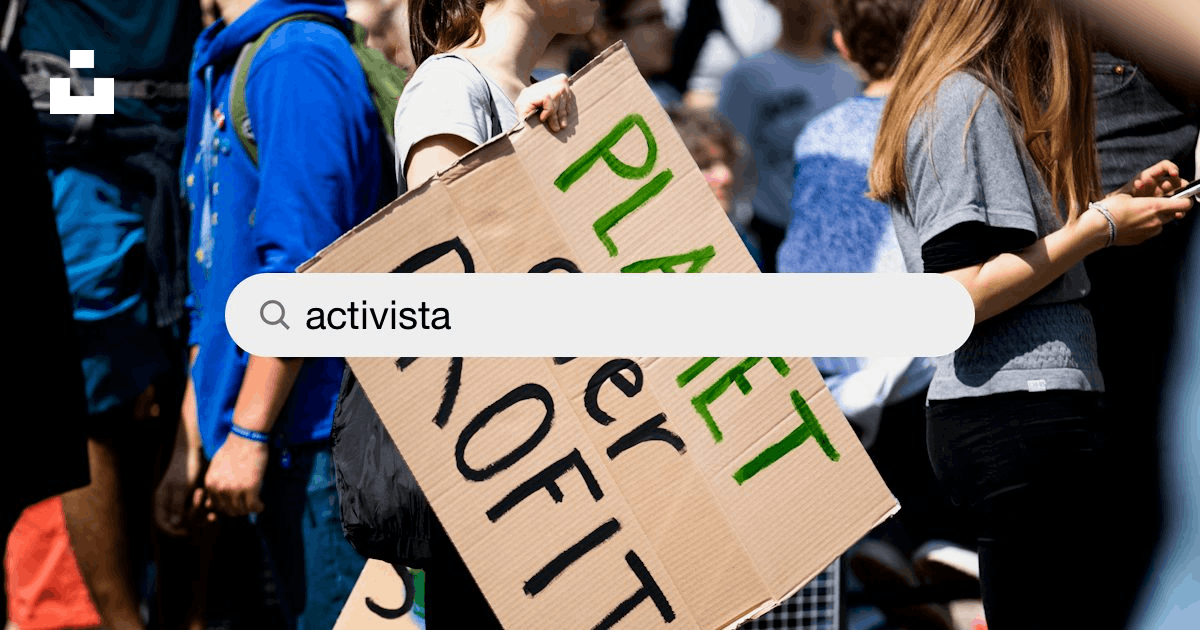

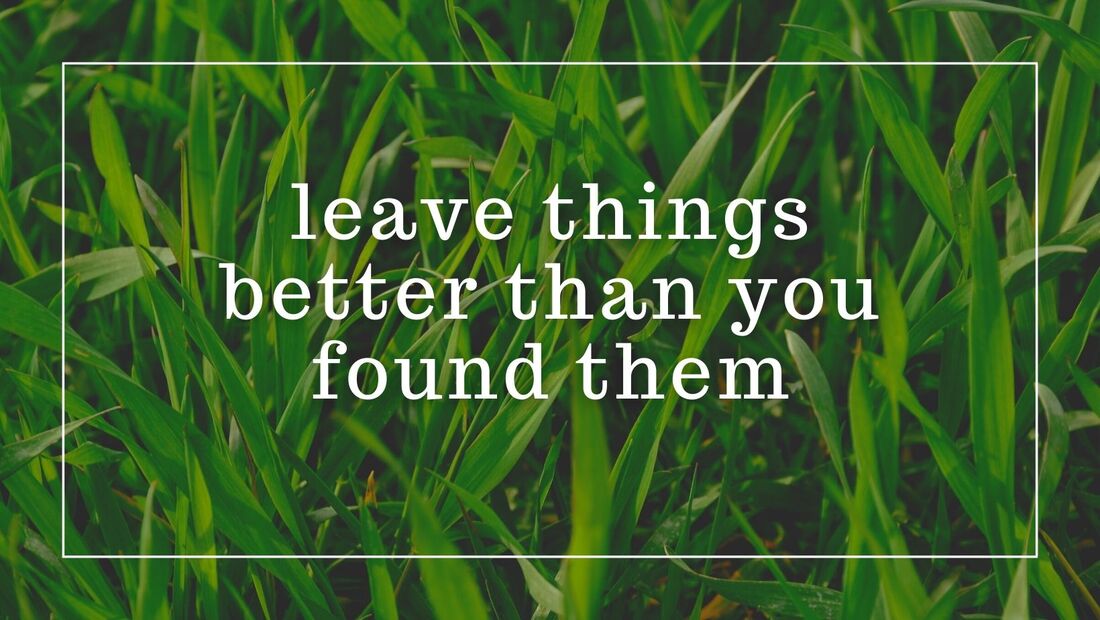
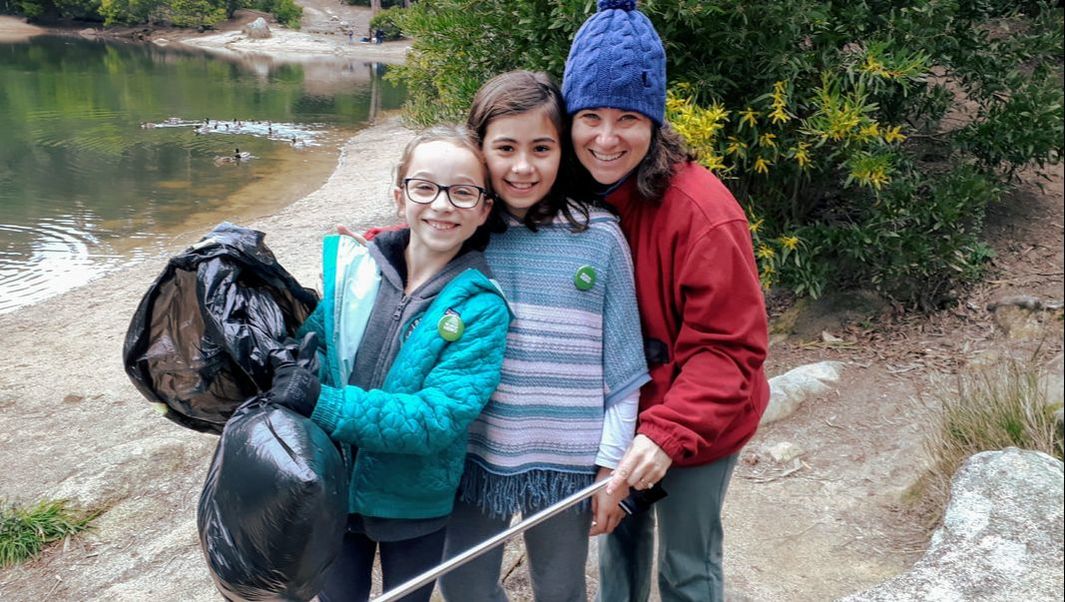
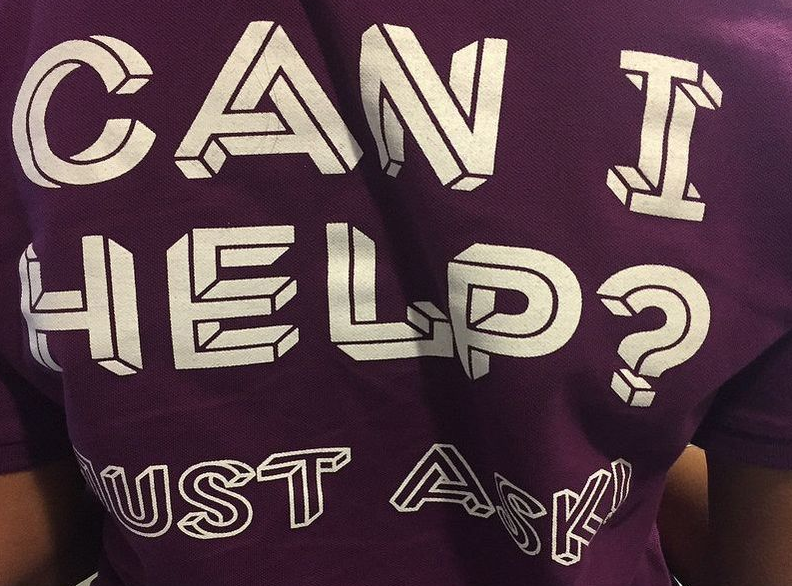
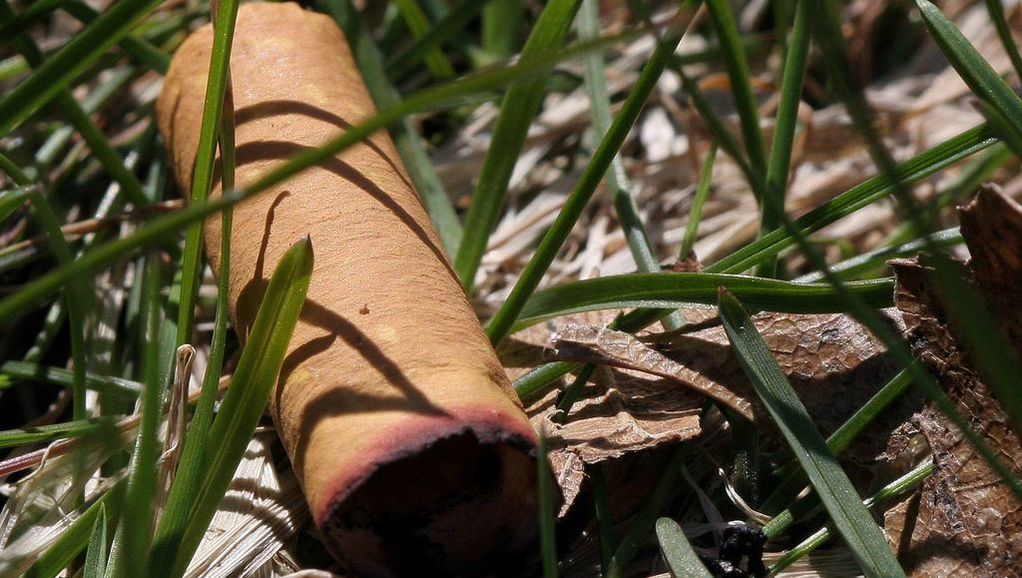
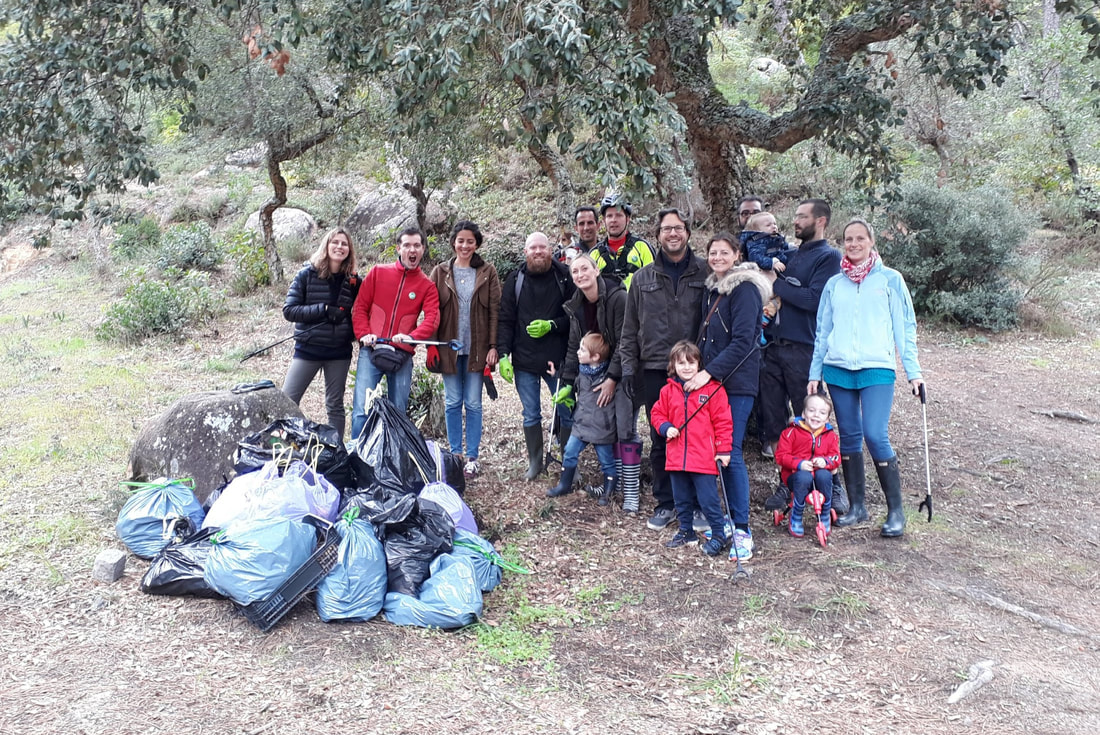
 RSS Feed
RSS Feed



